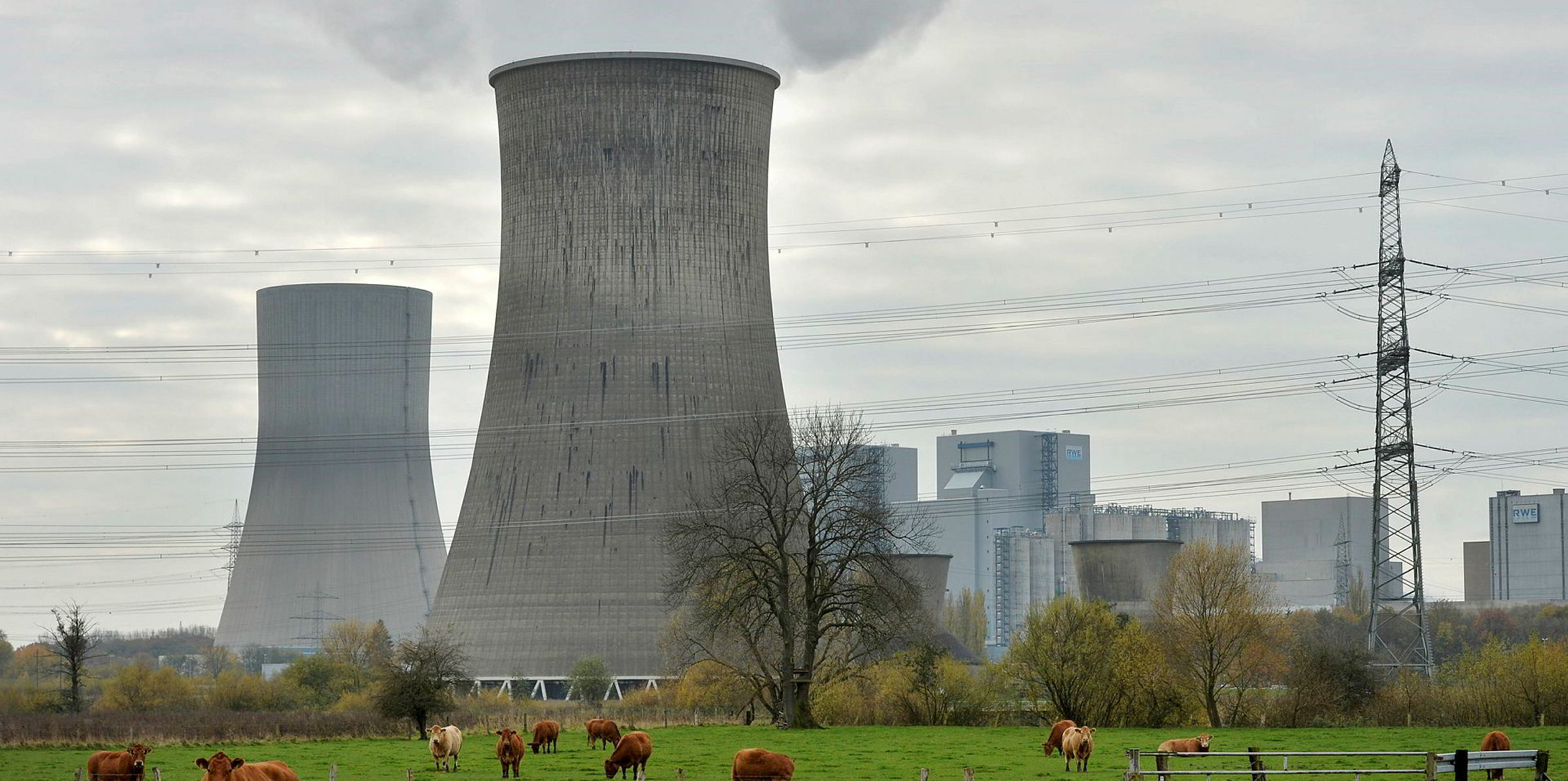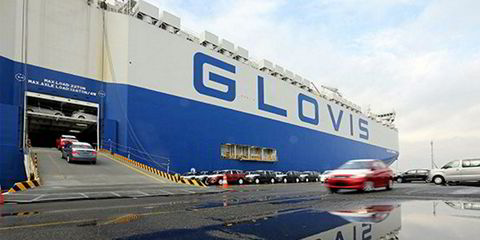All consumption of lamb and beef will stop in 2050. The North Sea oil and gas industry will be shut down. UK airports will be closed, with only Heathrow, Glasgow and Belfast operating by 2030. There will be no flying, with travellers relying on electrified rail services. Shipping? It will have to go through “rapid contraction” too.
Sound like an apocalyptic scenario dreamed up by crazed environmentalists to be immediately filed under the “unworkable” category?
Well, think again — because this is an ultra-serious research paper developed by the UK’s top engineering scholars.
Professor Julian Allwood at the University of Cambridge, who had a letter published in the Financial Times this week about it, has led a team from University of Oxford, Imperial College London and other blue-chip universities.
Public pressure
These researchers in their paper, Absolute Zero, have put aside hoped-for solutions and concentrated on what is viable — now.
The study looks only at the UK, but it is a good starting point as advanced Western economies are among the highest polluting and the ones under most public pressure to change.
There is no attempt in the paper to hide the enormity of the challenge and its scenario is in line with government policy: in theory, there should be negative greenhouse gas emissions by 2050.
The ministerial model presumes help from carbon capture and storage plus hydrogen, but Allwood rules this out as unrealistic — at scale — and in the 30-year time frame.
The researchers argue that for government to reach its target it will need to set up a “delivery vehicle” similar to the one that ran the highly successful 2012 London Olympics.
And they say, industry players will need to cooperate rather than compete.
It’s not too hard to imagine a new land-based electric economy. The total demise of diesel-fired ships is still hard to visualise
The research team has a lot to say about steel and cement making, road transport, and, of course, electricity supply.
There is relatively little on shipping, which seems to be a reflection of the difficulty faced with decarbonisation (plus the sheer impossibility of closing it down, like aviation, because of the vital global freight movements provided).
Of course, cooperation is already developing in shipping with the Getting to Zero Coalition and banks signing on to the common values of the Poseidon Principles.
The International Energy Agency (IEA) last month called for a “grand coalition” of governments, investors and industries to tackle global warming.
The IEA wants oil companies, which play such a vital role around the maritime sector, in the room — not out of it.
Among the problems facing the likes of energy majors Shell, BP and ExxonMobil is that they have become the main target of protestors.
Oil companies, which are major ship charterers, vessel operators, as well as fuel providers, risk becoming public pariahs like tobacco firms.
This undermines their social contract to operate and their ability to play a role in international policymaking.
Independent shipowners planning to use LNG as a “bridge” fuel towards decarbonisation would risk losing an industry champion: the oil major.
Bridging fuel
These oil companies have the capital expenditure, the technological expertise and the management skills to really help make headway on issues, such as hydrogen, biofuels and offshore windfarms needed to provide the extra electricity.
It is fair to say the overall oil and gas industry is not helping its own case by failing to invest. The IEA said in a report last month that the average spend on non-core activities by oil corporations is 1%.
This week, BP outlined its commitment to invest more in low-carbon technology and to play a full role in decarbonisation under new chief executive Bernard Looney.
Shipping too, on the whole, does not want to be troubled with what fuel it uses and the ultimate replacement for oil remains unclear.
But as the Absolute Zero paper suggests, there is no comfort blanket to be wrapped around us and there can be no business as usual.
Recent Australian wildfires alone are estimated to have released eight gigatons of carbon into the atmosphere compared with a planetary total last year of 37 gigatons.
It is not too hard to imagine a new land-based electric economy. The total demise of diesel-fired ships is still hard to visualise.
And, even if you can see, say, London Greek shipowners adapting to fuel cells and ammonia, it’s harder to imagine them leaving behind lamb souvlaki.








